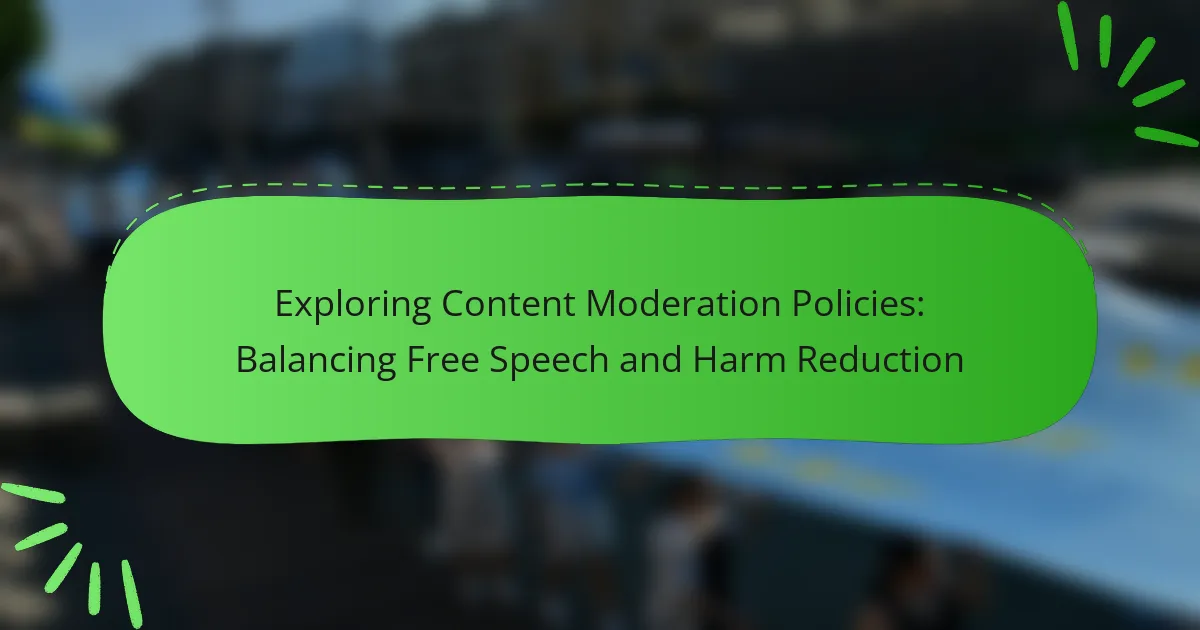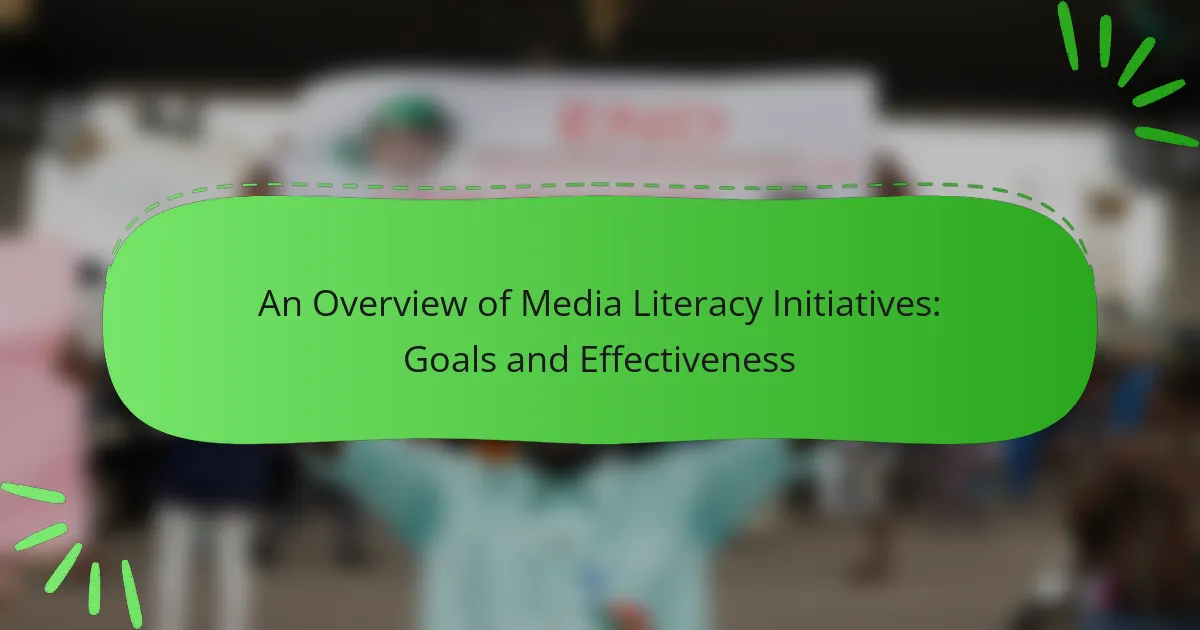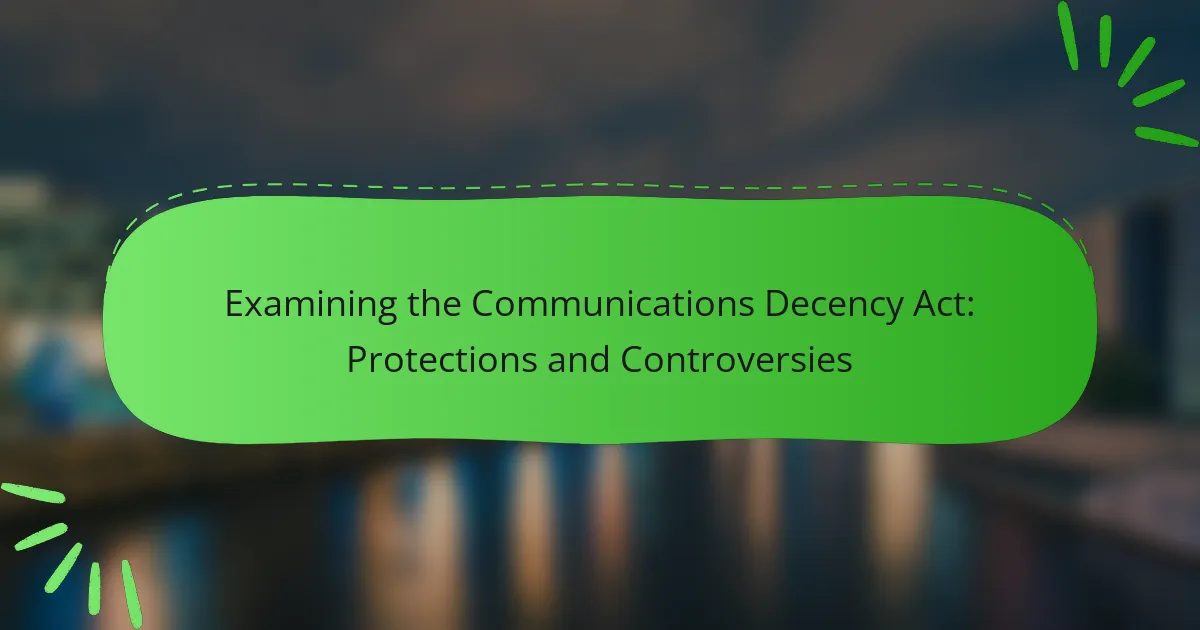The Communications Decency Act (CDA) is a U.S. law established in 1996 aimed at regulating online content and protecting minors from harmful materials. A key component of the CDA is Section 230, which grants online platforms immunity from liability for user-generated content. The article examines the implications of the CDA, particularly the controversies surrounding Section […]

Exploring Content Moderation Policies: Balancing Free Speech and Harm Reduction
Content moderation policies are essential guidelines that govern the management of user-generated content on digital platforms, determining acceptable and unacceptable material. These policies aim to protect users from harmful content while fostering a safe online environment. Various types of content moderation, including automated, human, and hybrid approaches, each have distinct advantages and challenges in terms […]

An Overview of Media Literacy Initiatives: Goals and Effectiveness
Media literacy initiatives are educational programs aimed at enhancing individuals’ critical thinking skills regarding media consumption. These initiatives target diverse demographics, including students, parents, and educators, focusing on the analysis, evaluation, and creation of media content. Research indicates that participation in media literacy programs can significantly reduce misinformation and promote informed decision-making, with studies highlighting […]
